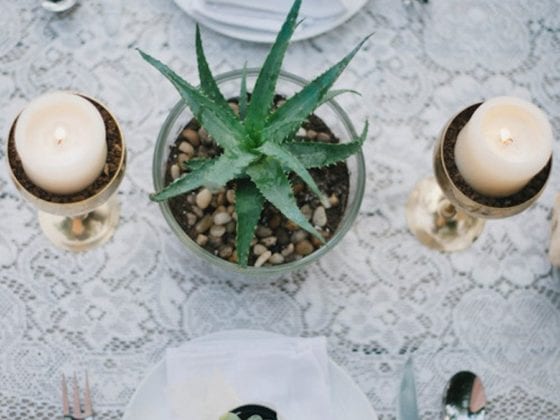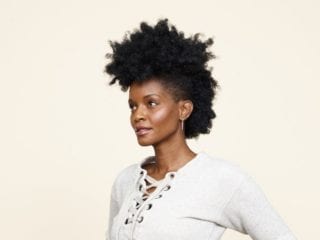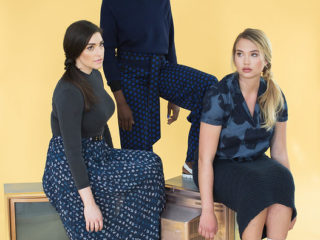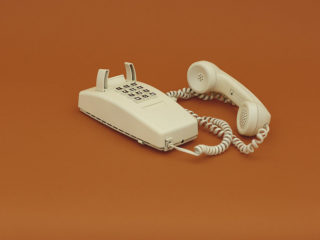An obsession with the female form has existed for centuries across different cultures and geographic regions. An over-obsession with the female form without regard to personhood is self-objectification. Most of us are familiar with the idea of men seeing women as objects through behaviors such as catcalling or engaging in pornography, but what about women objectifying themselves, and even each other?
Two researchers define the matter as “regular exposure to objectifying experiences that socialize girls and women to engage in self-objectification, whereby they come to internalize this view of themselves as an object or collection of body parts” (Kroon & Perez).
In short, self-objectification is thinking of oneself as an object first and a person second.
Self-objectifying behaviors can include but are not limited to: Excessive mirror looking, frequent selfies, critiquing one’s appearance in the reflection and photographs, and comparing oneself to images in the media and other women. The danger with self-objectification is that compelling research has found that it is associated with a number of ills including body shame, appearance anxiety, depression, and eating disorders.
In short, self-objectification is thinking of oneself as an object first and a person second.
Westernized media chronically and pervasively displays images that portray women as objects. Because we learn from what we see, exposure to such images naturally teaches us to focus on appearance rather than character and the body rather than the person. However, it’s not just magazines, TV or movies that are the culprit, but social media has created another avenue through which women objectify themselves and one another.
In a study published in the journal Psychology of Women Quarterly, performed by researchers from University of New South Wales in Australia and the University of the West of England in Bristol, U.K. found that young women who spend a lot of time on Facebook were more likely to compare their looks to other women and to “self-objectify” or as the authors define it, they “view themselves from an observer’s perspective and thus view their body as an object to be gazed upon.”
If I’m honest with you, I am still healing from self-objectifying behaviors that have shaped the way I see myself and without a doubt have played a part in my struggles with depression and food and body image issues. As a little girl, I would regularly thumb through the pages of my mom’s Vogue magazine and flip through Victoria Secret catalogs, aspiring to one-day look like the models I envied and even objectified. I didn’t know these women – I didn’t know their stories or personalities or dreams. I simply saw them as beautiful body parts, desirable in the eyes of men and who made me feel shameful about my own body. Not only was the media objectifying them, so was I.
It is a beautiful unraveling, however, this process of losing one’s objectified self and discovering one’s true self.
Once a competitive athlete who flirted with the modeling world, I took pride in my looks while at the same time loathing them. Years later, I am finally coming face to face with some of my body image struggles and am forced to confront the wreckage that has come from objectifying myself and other women. It is a beautiful unraveling, however, this process of losing one’s objectified self and discovering one’s true self.
This is what I’m learning: We are more than our name. We are more than our pretty faces or the sum of our body parts. We are living, breathing stories with quirks, dreams and crazy amazing talents. We are masterpieces with the ability to love well and do a phenomenal amount of good in this world. Let us stop seeing ourselves and other women as body parts and instead as stories to be told. We are expansive subjects to be studied, not shiny objects to be desired.
Image via Ana Albores












4 comments
Thanks. This is crucial for our psychological empowerment, i appreciate your honest approach, is often hard to accept how much of our self perception is shaped by society.
This is absolutely incredible and so powerful. I am in tears reading this and cannot wait to share it with my friends (and every other girl I know). We must love and respect ourselves and yes, the solution is within us not anyone else!
Lots of love for you darling mag // https://lifeplusbe.com/
Thank you, thank you, thank you for this article. I have often been frustrated by how the objectification conversation focuses solely on men and everything they are doing wrong and completely overlooks the part that we (women) play in this problem. Yes, men should be held accountable for their actions, but we are also accountable for ours. If we want to be respected, we must respect ourselves and each other. (I know this isn’t easy, but it’s not impossible!) It’s silly to go on pointing fingers at others when the solution, in large part, lies within ourselves. Well done, Darling!
Thanks for reading Hannah!